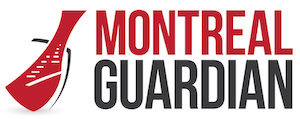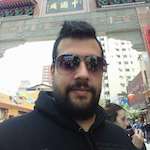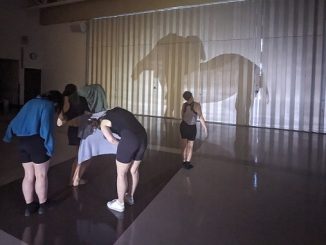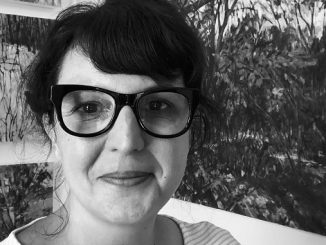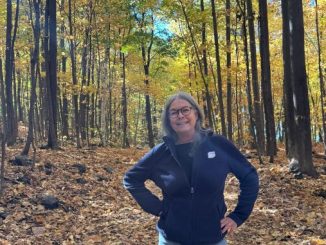Maybe the back of a book can also describe the inside of a person. If you pick up and turn over Mark Abley’s nonfiction book Spoken Here: Travels Among Threatened Languages, you’ll see the publisher’s blurb about the writer’s international travels, “seeking out languages in peril.” Mark Abley – it’s fair to say – is drawn to whoever, and whatever, is in peril: a forest in the West Island of Montreal; a language almost extinct; a marginalized individual, met on the proverbial road; the suffering of his own father.
And this attraction to the imperilled – even of the self: one’s own corrosive doubts – is distinctive of Mark and all his writings. Still, as the Bosnian-American writer Aleksandar Hemon reminds us, “Writers are attracted to sad stories.” Whether Mark is writing poems about Saskatchewan, or describing people met in Iranian or Nepalese cities, he is hard-wired to witnessing who, and what, is imperilled. He is a writer of empathy.
But not a writer – a person! – alien to spontaneous laughs and joys in conversation (apart from the calming effect of time spent near a lake or garden). I always enjoy my sessions of talk and beer with Mark, and delight in his punning and storytelling. And what a wealth he has: this man has travelled in thirty countries. And you won’t learn that unless you ask pointed questions; he is not one for upping himself. But if you do ask the right question – “So, how were the Balochis treated in Iran, 1978?” – he will tell you all he has seen, heard, mulled, and tried to understand.
For Mark, in conversation and all of his books, is always doing exactly that: trying to understand.
-Written by Harold Hoefle, friend
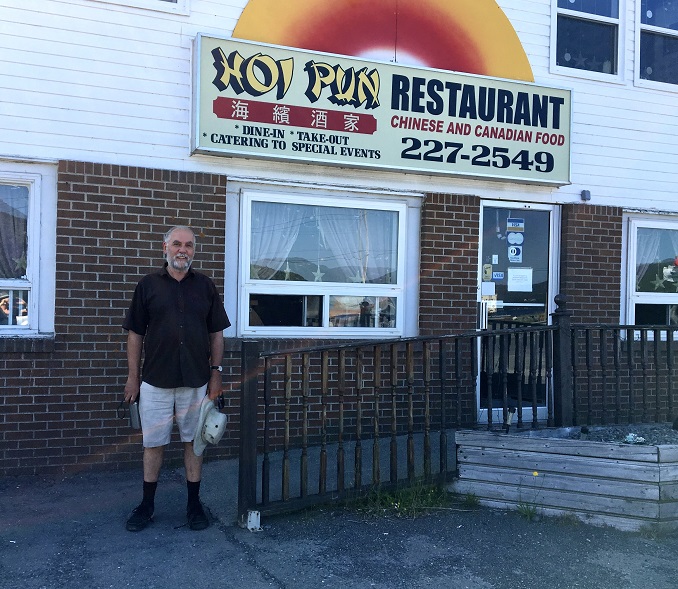
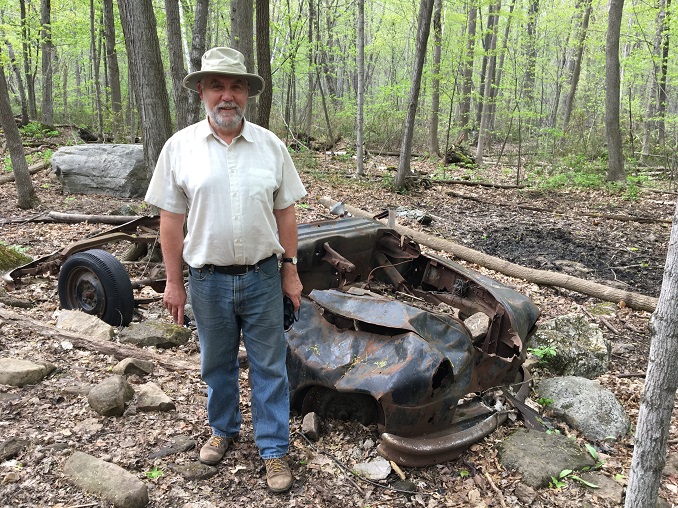
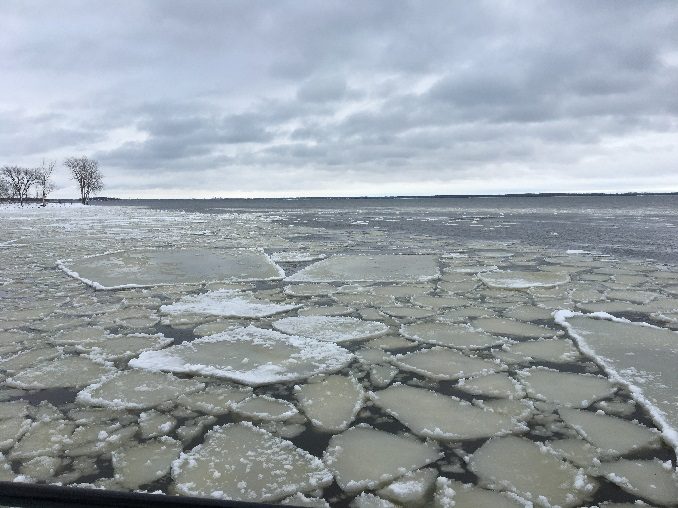
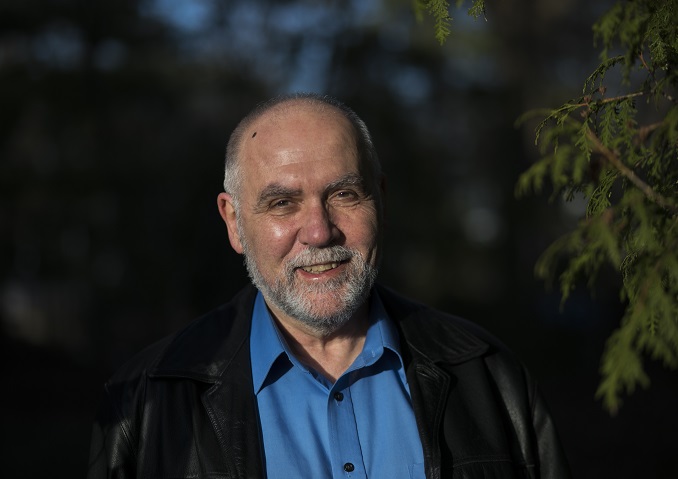
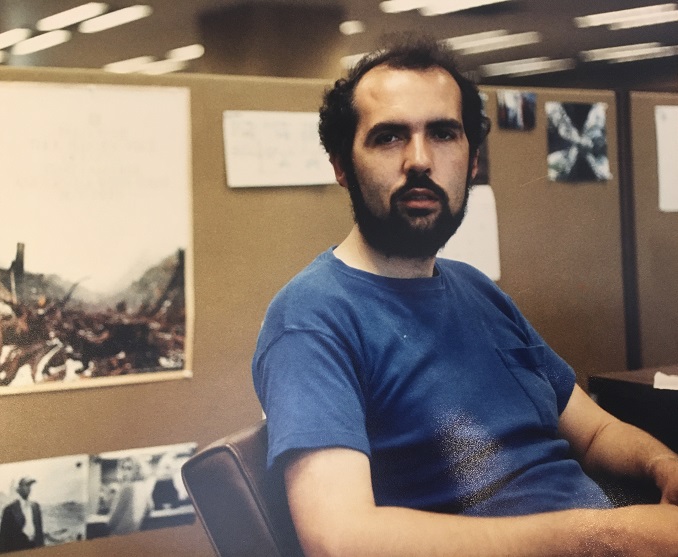
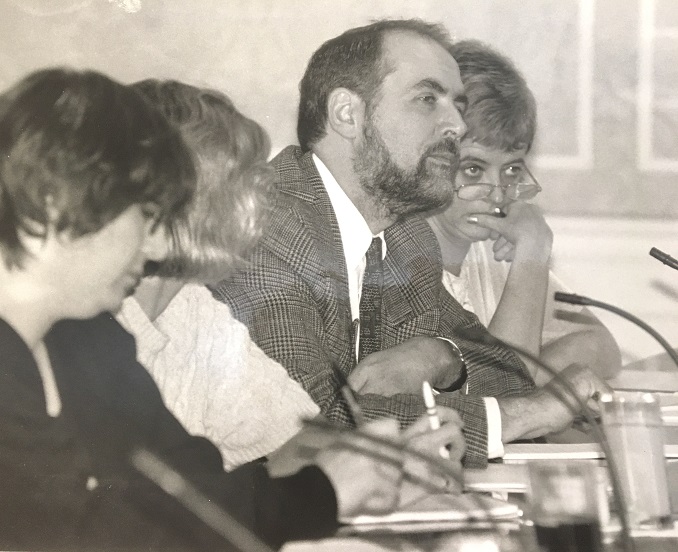
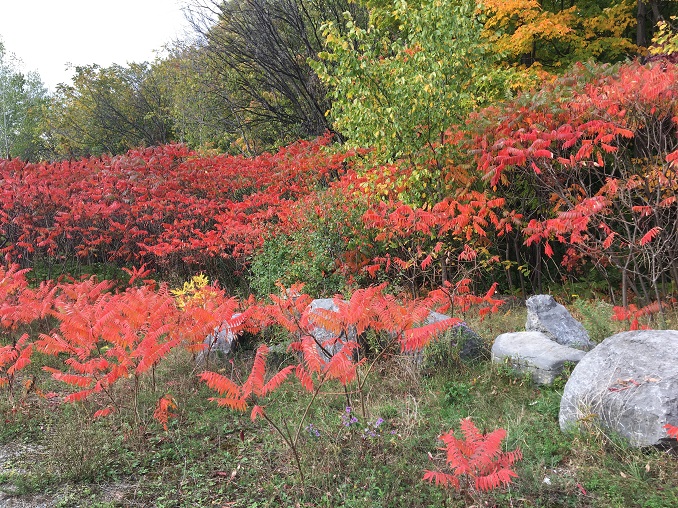
***
Which ’hood are you in?
I’ve lived in Outremont and the Mile End, and I spent decades working downtown, but for many years I’ve been a resident of Pointe-Claire. Cardinals and nuthatches in the garden; a bookstore, a pub, a bike shop and several cafés in the old village; the St. Lawrence River (aka Lac St. Louis) a short walk away. It suits me.
What do you do?
I write nonfiction books. Occasionally I come up with a poem (they used to emerge a lot more often). I also write magazine articles, and I’m currently leading a couple of memoir workshops for the Quebec Writers’ Federation. Apart from that, I do some freelance editing, I read, and I procrastinate.
What are you currently working on?
My latest book, Strange Bewildering Time: Istanbul to Kathmandu in the Last Year of the Hippie Trail, was published in February. It uses the detailed journals I kept in 1978 as the basis of a literary travel book – not a guidebook, I hasten to say, but a travel memoir that aims to recreate a vanished era as vividly as possible. The form also enables me to talk about some of the changes in west and south Asia over the past forty years, and about the impact of the ‘hippie trail.’
Soon I’ll turn my attention to writing a new introduction for a book of creative nonfiction that was originally published in 2013, Conversations with a Dead Man: The Legacy of Duncan Campbell Scott. An indie press in BC wants to bring out a second edition. I’m also thinking about what will come next.
Where can we find your work?
At good independent bookstores around the city: Paragraphe, The Word, Drawn & Quarterly, Argo and Clio are five examples. Also via the usual suspects online. My website includes other interviews and links to a variety of short pieces I’ve written.
